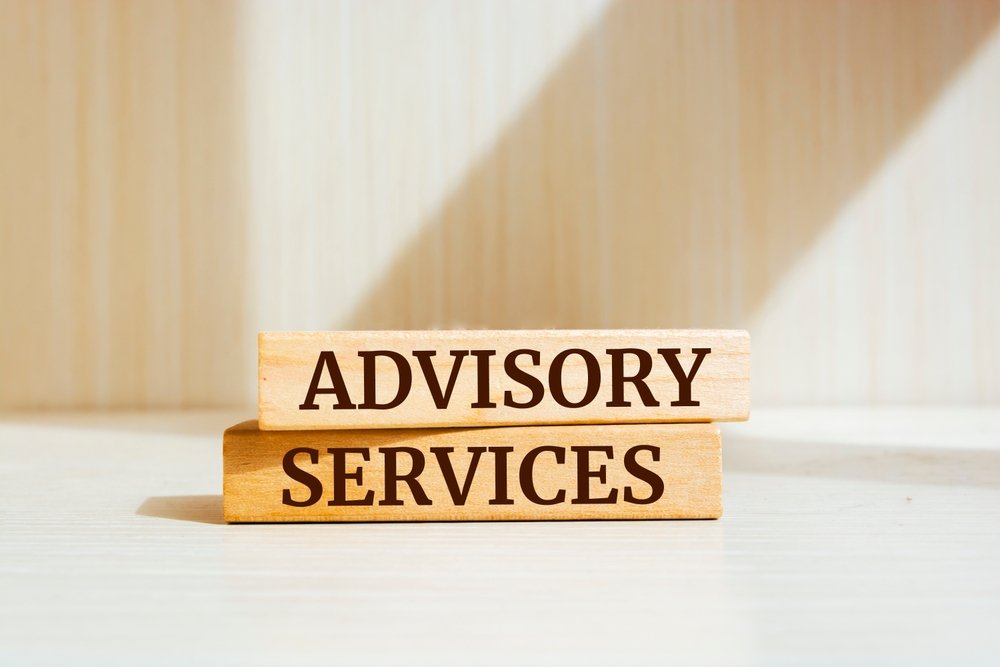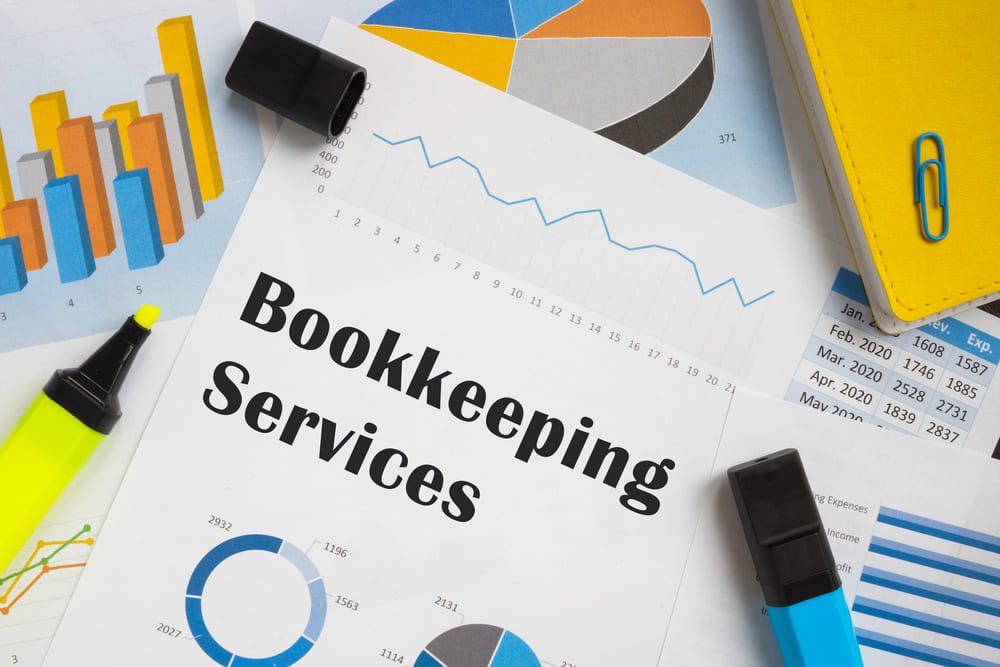
Transparency is a crucial element in today’s business landscape. It fosters trust among stakeholders and contributes to a sustainable and ethical business environment. Voluntary disclosure, the act of proactively sharing information beyond what is legally required, has emerged as a powerful tool for organizations to demonstrate their commitment to transparency and build trust. In this blog post, we will delve into the significance of voluntary disclosure, exploring its benefits, challenges, and best practices that can help organizations harness its power effectively.
Voluntary disclosure offers numerous advantages for organizations. Firstly, it enhances stakeholder trust by demonstrating a willingness to go beyond legal requirements and share pertinent information openly. This, in turn, strengthens relationships with investors, customers, employees, and the wider community. Transparent communication can also enhance the organization’s reputation, making it more attractive to potential partners, customers, and investors.
Moreover, voluntary disclosure can lead to improved decision-making. By sharing comprehensive information about their operations, organizations provide stakeholders with valuable insights into their strategies, risks, and performance. This enables stakeholders to make informed decisions and align their interests with the organization’s goals.
Furthermore, voluntary disclosure can contribute to sustainability efforts. By openly sharing their environmental, social, and governance (ESG) practices, organizations promote accountability and encourage responsible behavior. This can attract socially conscious investors and customers who prioritize sustainability.
While voluntary disclosure offers numerous benefits, it is not without challenges. One of the main hurdles is determining what information to disclose and how to present it effectively. Organizations need to strike a balance between transparency and protecting sensitive data or proprietary information. Developing clear guidelines and frameworks can help organizations navigate this challenge.
Another challenge is ensuring the accuracy and reliability of disclosed information. Organizations should establish robust internal controls and verification processes to maintain credibility and avoid misleading stakeholders.
To maximize the effectiveness of voluntary disclosure, organizations should adopt best practices. This includes regular and timely communication, using plain language to enhance accessibility, and employing various communication channels to reach different stakeholder groups. Engaging in dialogue with stakeholders and soliciting their input can also enhance the value of disclosure and foster a sense of collaboration and transparency.
Voluntary disclosure has become a vital component of a transparent and trustworthy business environment. By proactively sharing information, organizations can enhance stakeholder trust, improve decision-making, and contribute to sustainability efforts. While challenges exist, adopting best practices can help organizations overcome them and fully leverage the power of voluntary disclosure. Ultimately, embracing transparency and voluntarily sharing information beyond legal requirements not only benefits organizations themselves but also contributes to the overall health and resilience of the business ecosystem.
 Accounting Advisory Services to Help You Grow Your Business
Accounting Advisory Services to Help You Grow Your Business PRO Services in Dubai
PRO Services in Dubai “A Complete Guide To Understanding Corporate Tax In UAE”
“A Complete Guide To Understanding Corporate Tax In UAE” In Country Value Certificate in Dubai Assurance & Audit Services In UAE
In Country Value Certificate in Dubai Assurance & Audit Services In UAE Which is Best Bookkeeping Service in Dubai
Which is Best Bookkeeping Service in Dubai  Unveiling Dubai’s Financial Compass: Navigating Growth Through Cost Audit in dubai
Unveiling Dubai’s Financial Compass: Navigating Growth Through Cost Audit in dubaiDubai Fahidi heights Al hamriya | London DA16 3DJ Welling
Copyrights 2022 Forth Right. All Rights Reserved.